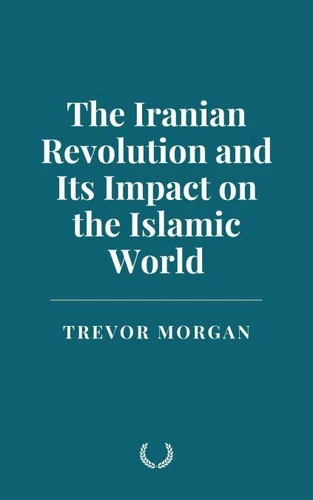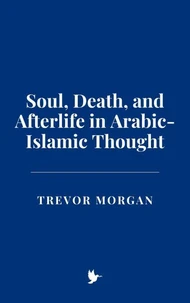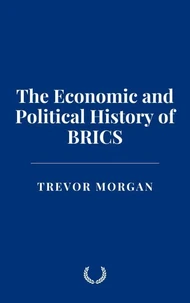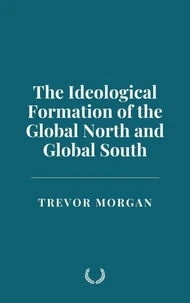The Iranian Revolution and Its Impact on the Islamic World
Par :Formats :
Disponible dans votre compte client Decitre ou Furet du Nord dès validation de votre commande. Le format ePub est :
- Compatible avec une lecture sur My Vivlio (smartphone, tablette, ordinateur)
- Compatible avec une lecture sur liseuses Vivlio
- Pour les liseuses autres que Vivlio, vous devez utiliser le logiciel Adobe Digital Edition. Non compatible avec la lecture sur les liseuses Kindle, Remarkable et Sony
 , qui est-ce ?
, qui est-ce ?Notre partenaire de plateforme de lecture numérique où vous retrouverez l'ensemble de vos ebooks gratuitement
Pour en savoir plus sur nos ebooks, consultez notre aide en ligne ici
- FormatePub
- ISBN8227342652
- EAN9798227342652
- Date de parution29/01/2025
- Protection num.pas de protection
- Infos supplémentairesepub
- ÉditeurBig Dog Books, LLC
Résumé
The Iranian Revolution of 1979 stands as one of the most transformative political and ideological upheavals of the modern era, reshaping not only Iran itself but the entire Islamic world. More than a mere political transition, it represented a paradigm shift in governance, religious authority, and resistance to Western imperialism. Unlike the great revolutions of the past-the French and Russian revolutions, which were predominantly secular in nature-the Iranian Revolution was deeply rooted in religious ideology, intertwining Shiism with political activism in an unprecedented manner.
It brought forth the establishment of the first modern theocratic republic, fundamentally challenging the dominant secular-nationalist models of governance that had emerged in the Middle East throughout the 20th century.
It brought forth the establishment of the first modern theocratic republic, fundamentally challenging the dominant secular-nationalist models of governance that had emerged in the Middle East throughout the 20th century.
The Iranian Revolution of 1979 stands as one of the most transformative political and ideological upheavals of the modern era, reshaping not only Iran itself but the entire Islamic world. More than a mere political transition, it represented a paradigm shift in governance, religious authority, and resistance to Western imperialism. Unlike the great revolutions of the past-the French and Russian revolutions, which were predominantly secular in nature-the Iranian Revolution was deeply rooted in religious ideology, intertwining Shiism with political activism in an unprecedented manner.
It brought forth the establishment of the first modern theocratic republic, fundamentally challenging the dominant secular-nationalist models of governance that had emerged in the Middle East throughout the 20th century.
It brought forth the establishment of the first modern theocratic republic, fundamentally challenging the dominant secular-nationalist models of governance that had emerged in the Middle East throughout the 20th century.






